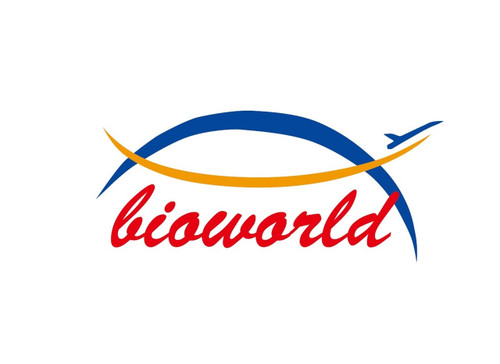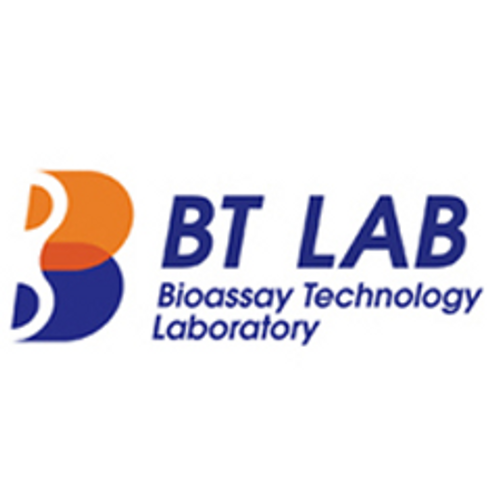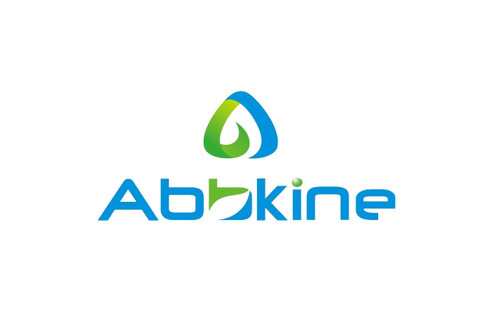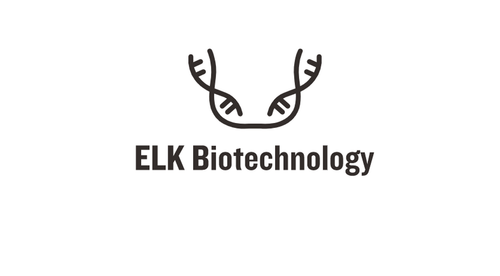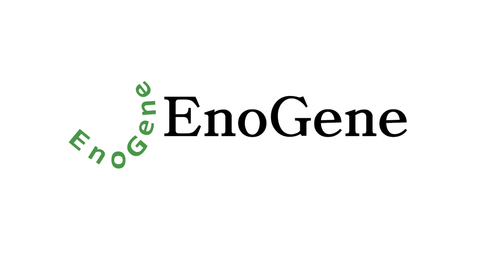Product Description
PTEN (phospho-S380/T382/T383) polyclonal Antibody | BS4161 | Bioworld
Host: Rabbit
Reactivity: Human,Mouse,Rat
Application: WB IHC
Application Range: WB: 1:500~1:1000 IHC: 1:50~1:200
Background: As human tumors progress to advanced stages, one genetic alteration that occurs at high frequency is a loss of heterozygosity (LOH) at chromosome 10q23. Mapping of homozygous deletions on this chromosome led to the isolation of the PTEN gene, also designated MMAC1 (for mutated in multiple advanced cancers) and TEP1. This candidate tumor suppressor gene exhibits a high frequency of mutations in human glioblastomas and is also mutated in other cancers, including sporadic brain, breast, kidney and prostate cancers. PTEN has been associated with Cowden disease, an autosomal dominant cancer predisposition syndrome. The PTEN gene product is a putative protein tyrosine phosphatase that is localized to the cytoplasm, and it shares extensive homology with the cytoskeletal proteins tensin and auxilin. Gene transfer studies have indicated that the phosphatase domain of PTEN is essential for growth suppression of glioma cells.
Storage & Stability: Store at 4°C short term. Aliquot and store at -20°C long term. Avoid freeze-thaw cycles.
Specificity: p-PTEN (S380/T382/T383) polyclonal Antibody detects endogenous levels of PTEN protein only when phosphorylated at Ser380/T382/T383.
Molecular Weight: ~ 47, 54 kDa
Note: For research use only, not for use in diagnostic procedure.
Alternative Names: Phosphatidylinositol 3,4,5-trisphosphate 3-phosphatase and dual-specificity protein phosphatase PTEN; Mutated in multiple advanced cancers 1; Phosphatase and tensin homolog; PTEN; MMAC1; TEP1
Immunogen: Synthetic phosphopeptide derived from human PTEN around the phosphorylation site of Serine 380 and 382 and Threonine 383.
Conjugate: Unconjugated
Modification: Phosphorylation
Purification & Purity: The Antibody was affinity-purified from rabbit antiserum by affinity-chromatography using epitope-specific immunogen and the purity is > 95% (by SDS-PAGE) .
Pathway: Inhibition of Apoptosis,G Protein-coupled Receptors Signaling to MAPK Erk,hippo Signaling,MAPK Erk in Growth and Differentiation Pathway,
 Euro
Euro
 USD
USD
 British Pound
British Pound
 NULL
NULL



